 |
 |
 |
||
 |
 |
 |
 |
||
 |
 |
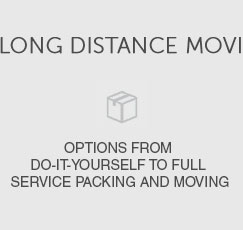 |
 |
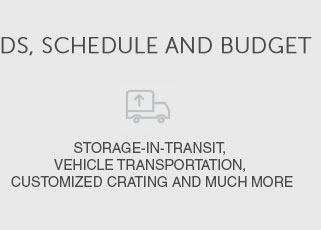 |
 |
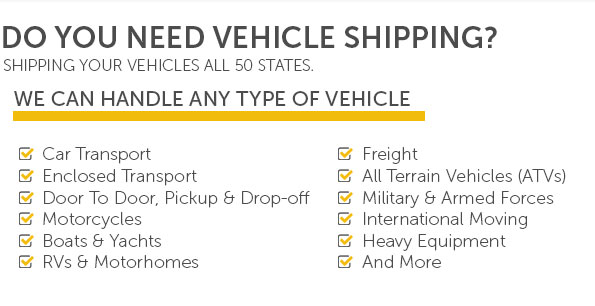 |
 |
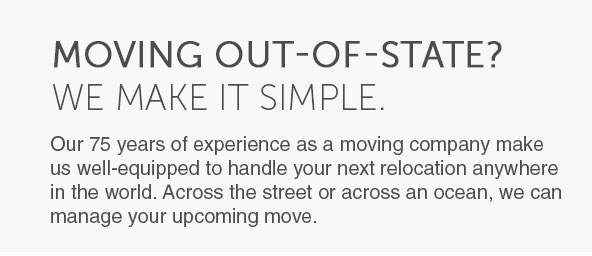 |
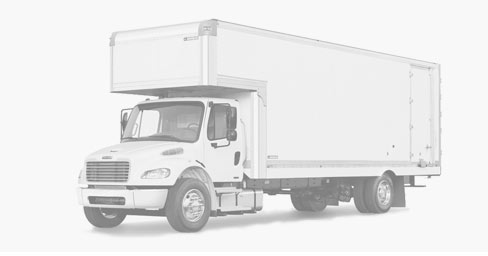 |
Understanding How Movers Calculate Costs: What to ExpectMoving can be a daunting task, and one of the most common questions that arise during this process is: How do movers calculate cost? Knowing what to expect can significantly ease your mind as you prepare for the transition to a new home. Movers use a variety of factors to determine the cost of a move, and understanding these can help you budget effectively and avoid surprises. First and foremost, the distance of the move is a primary determinant. For local moves, generally defined as those within 50 miles, movers often charge by the hour. The cost per hour can vary based on the number of movers and trucks needed. In contrast, long-distance moves, typically over 100 miles, are usually calculated based on the weight of your belongings and the distance traveled. Companies use these metrics to estimate fuel costs, time, and labor required, ensuring a fair price that reflects the effort involved. Another significant factor is the volume of items you are moving. Movers often conduct an in-home estimate or request a detailed inventory list to assess the volume and nature of your belongings. Bulky items like pianos or large furniture pieces may incur additional fees due to the special equipment and care needed to transport them safely. Fragile or high-value items might also add to the cost, as these require extra packing materials and handling. Timing also plays a crucial role. Moving during peak seasons, such as summer months or end-of-month periods, can be more expensive due to higher demand. If you have flexibility in your schedule, consider moving during off-peak times to potentially lower your costs. Some companies offer discounts for weekday moves or those scheduled during off-peak seasons. Additional services provided by the moving company will also influence the final price. For instance, packing services-where movers pack your items for you-can add to the cost, but they offer convenience and the assurance that your items are packed professionally. Storage services are another consideration, as some moves may require temporary storage solutions, which come with their own fees.
In conclusion, while the process of calculating moving costs might seem complex, a transparent discussion with your moving company can clarify many aspects. Don't hesitate to ask for a detailed breakdown of the quote, so you understand what each charge entails. In my opinion, being informed and proactive is the best way to ensure a smooth and cost-effective move. Always remember to compare estimates from multiple movers to find the best deal that suits your needs and budget. https://todayshomeowner.com/moving/guides/how-do-moving-companies-charge/
The baseline cost of a long-distance move is calculated based upon the amount, or more precisely the weight, of goods hauled combined with the ... https://www.mayflower.com/moving-tips/blog/estimate-moving-costs
Typically, local movers or labor-only movers will create estimates based on an hourly rate, which considers how much time the move will take to complete. Long- ... https://www.allied.com/moving-resources/faqs/how-do-moving-companies-calculate-costs
Each company has its way of calculating the costs. Some will charge on an hourly basis, while others use cubic feet, weight, or fixed rate to determine the ...
|